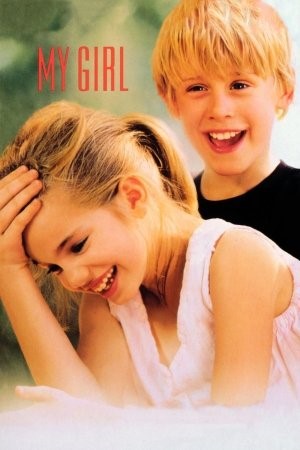
Spoilers and Impressions
In the late spring of 1972 in Madison, Pennsylvania, Vada Sultenfuss is a 11-year-old fiery young lady and a hypochondriac. Harry Sultenfuss, Vada’s dad, is an awkward widower man who doesn’t comprehend his daughter, so he continually disregards her.
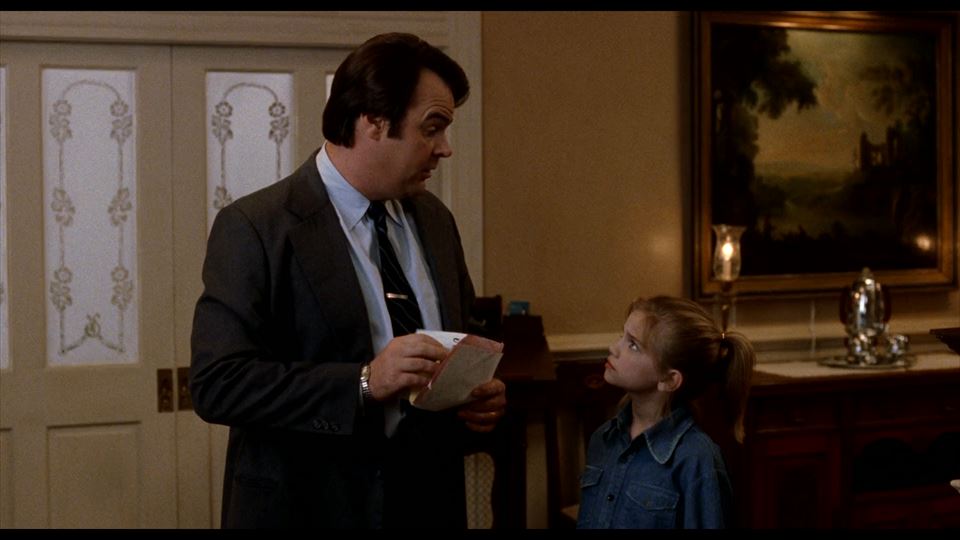
His profession as a funeral director, for which the Sultenfuss’ living arrangement fills in as a memorial service parlor, drove Vada to build up a fixation on death.
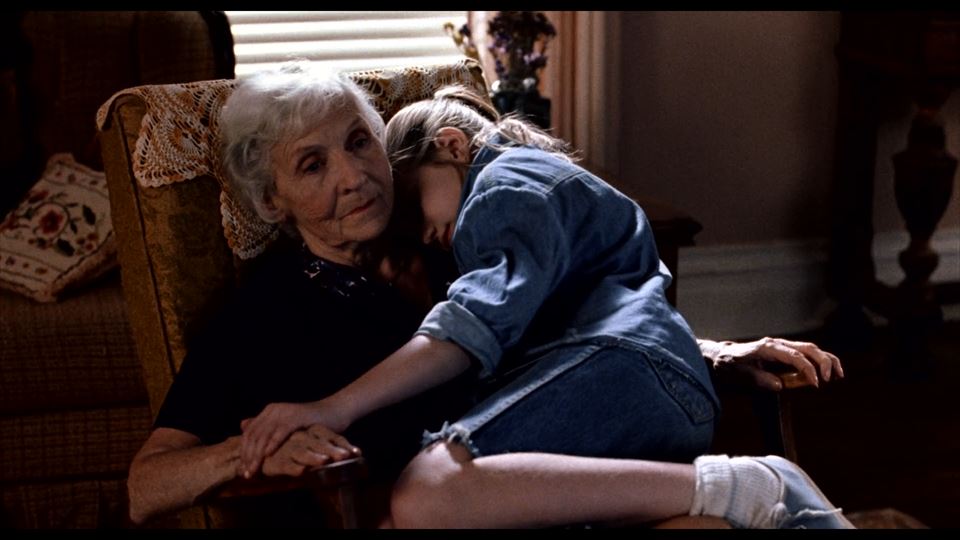
Vada normally keeps an eye on her invalid grandma Gramoo, who experiences Alzheimer’s malady and whose meandering psyche in like manner influences Vada. Harry’s sibling Phil, who lives close by, additionally stops by much of the time to assist the family.
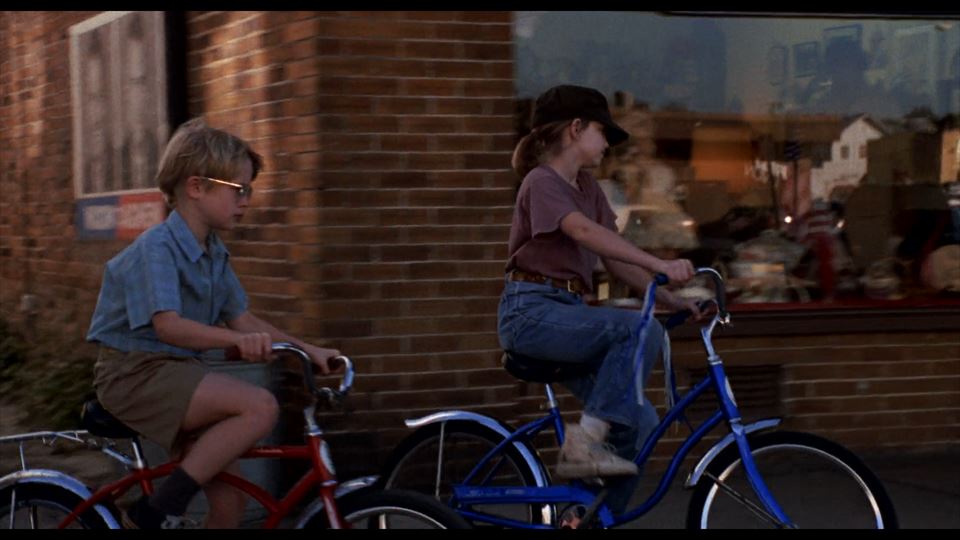
Vada spends time with her closest companion Thomas J. Sennett, a disagreeable kid her age who is hypersensitive to “everything.” However, different young ladies bother the two, thinking they are something other than companions. Thomas J. habitually goes with Vada when she visits the specialist, who guarantees her that she isn’t wiped out and that she has no chicken bone stuck in her throat.
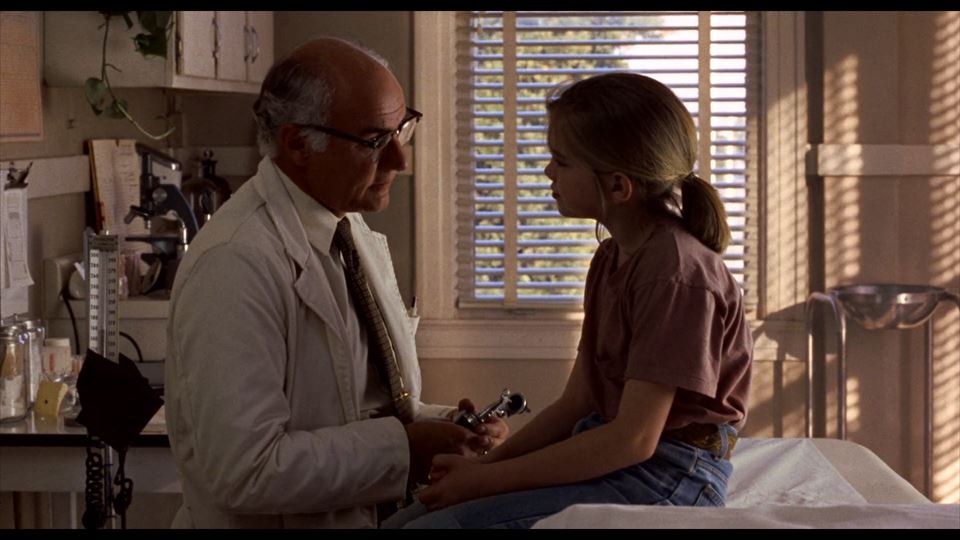
Vada’s mid-year starts well. She gets to know Shelly DeVoto, the new cosmetics craftsman at her dad’s burial service parlor, who furnishes her with some truly necessary direction. She is likewise captivated by her fifth-grade teacher, Mr. Bixler, and catches wind of a grown-up verse composing class he is instructing throughout the mid-year.
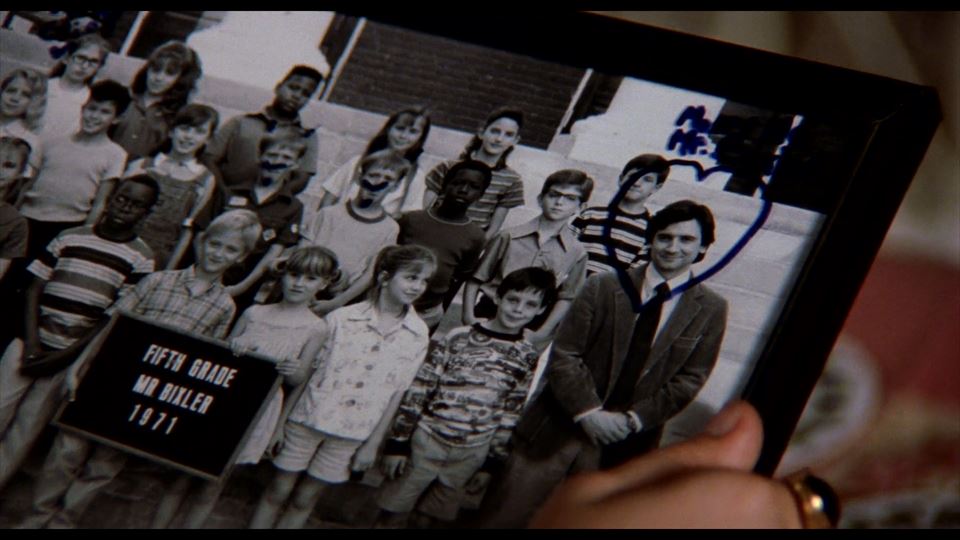
Vada takes some cash from the treat container in Shelly’s trailer to take care of the expense of the class. At the point when encouraged to expound on what is in her spirit, Vada fears that she killed her mom, who kicked the bucket two days in the wake of bringing forth her. Before long things begin to self-destruct.
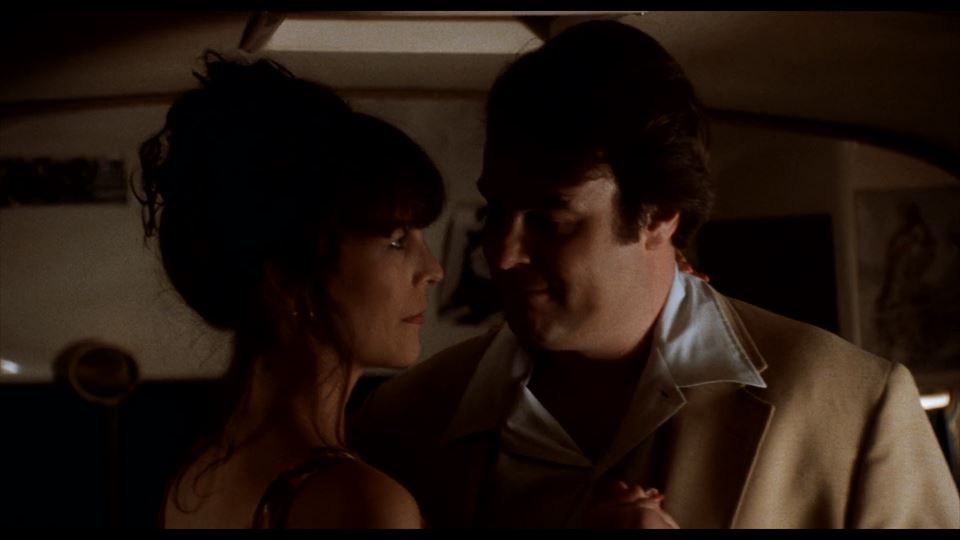
Harry and Shelly begin dating, which starts to influence Vada’s demeanor towards Shelly. One night, Vada follows Harry and Shelly to a bingo game and brings Thomas J. along to disturb it. On the Fourth of July, when Shelly’s ex Danny shows up, Vada trusts that he is there to take Shelly back, however without much of any result. Afterward, Vada becomes stunned when Harry and Shelly declare their commitment at a celebration, at which she thinks about fleeing with Thomas J.
Vada is beginning to see changes inside herself, as she is going around the house shouting that she is draining. Shelly warmly reveals to Vada that her first period is a totally common procedure.
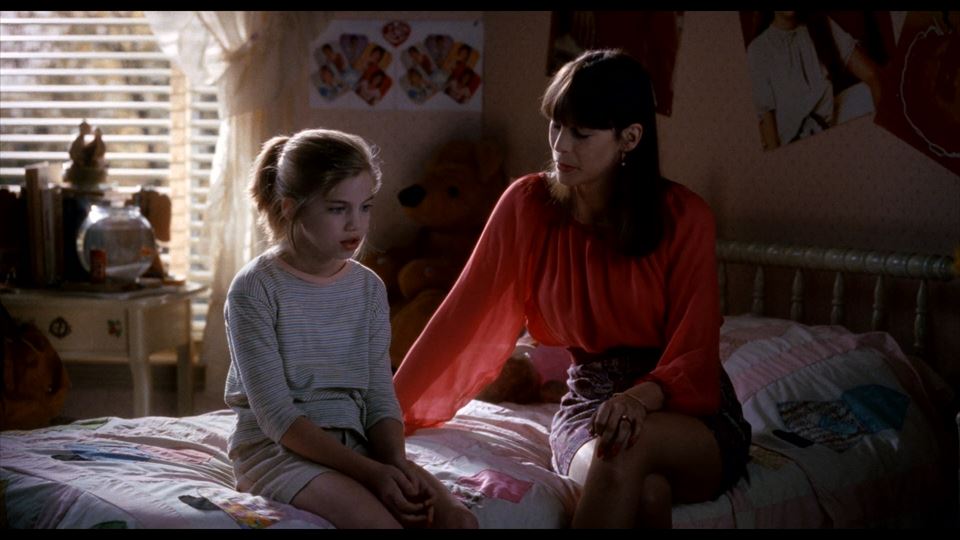
As Vada understands this just happens with young ladies, she wouldn’t like to see Thomas J., who happens to stop by quickly subsequently. A few days after the fact however, Vada and Thomas J. are sitting under a tree by the stream, where they share a guiltless first kiss.
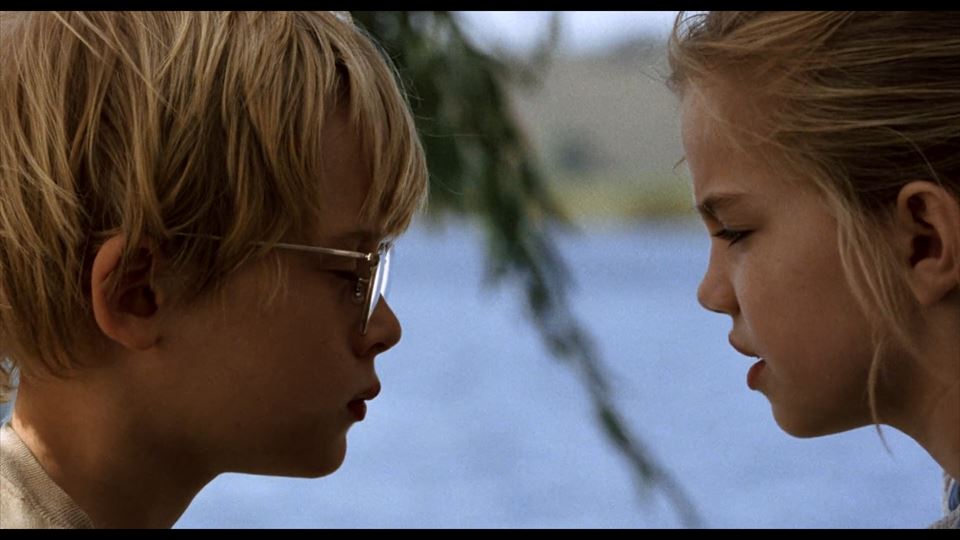
One day in the forested areas, Vada and Thomas J. run over a bee hive swinging from a tree, which Thomas J. chooses to wreck. Vada loses her dearest mood ring all the while, so they begin searching for it. In any case, the pursuit is stopped, as the honey bees begin amassing from the wrecked hive, startling Vada and Thomas J. away.
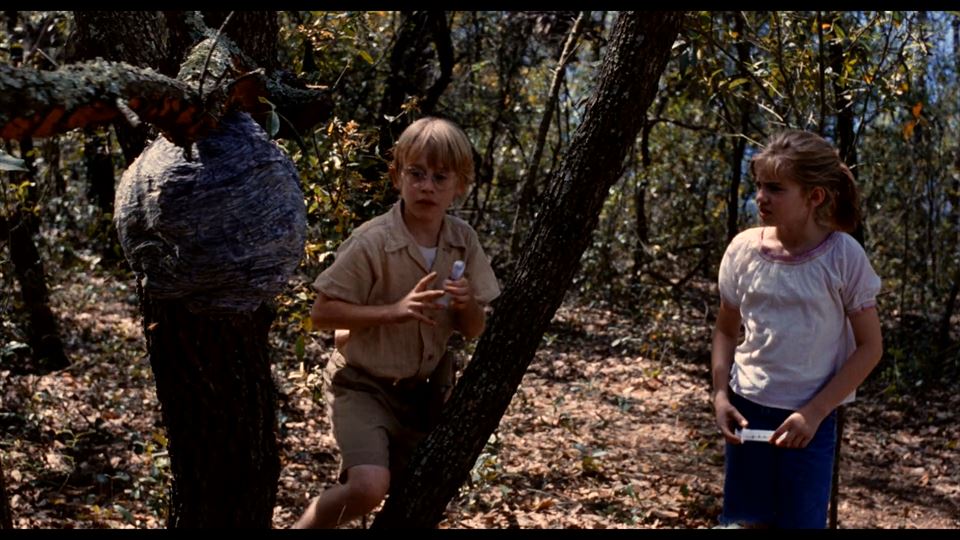
Thomas J. later returns alone and finds the ring. In any case, tragically for him, it’s past the point where it is possible to get away from this time, as he is incessantly stung by the upset honey bees from the separated hive and kicks the bucket, due to being adversely affected by honey bee stings. Thomas J. likewise loses his glasses all the while.
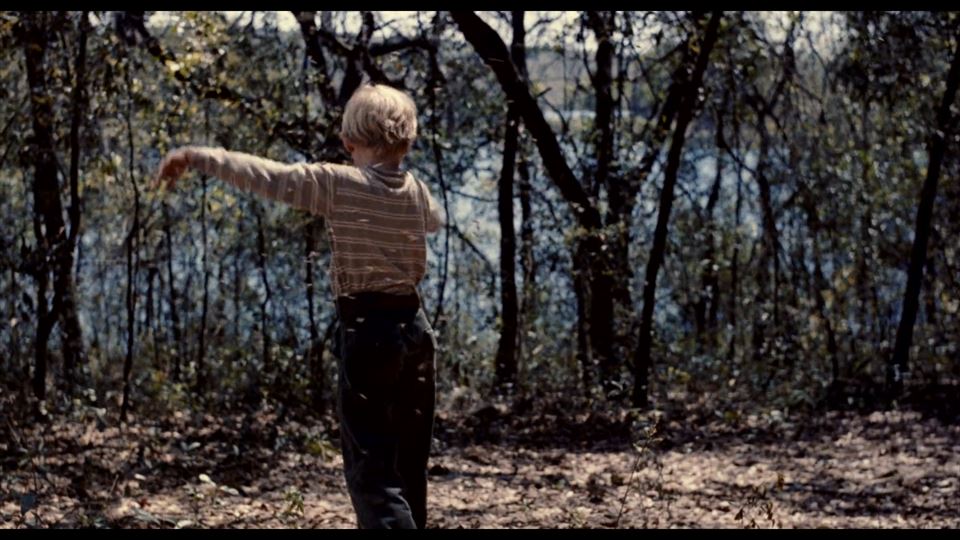
Harry is then left to convey the shocking news to Vada, which destroys her so much that she doesn’t leave her room.
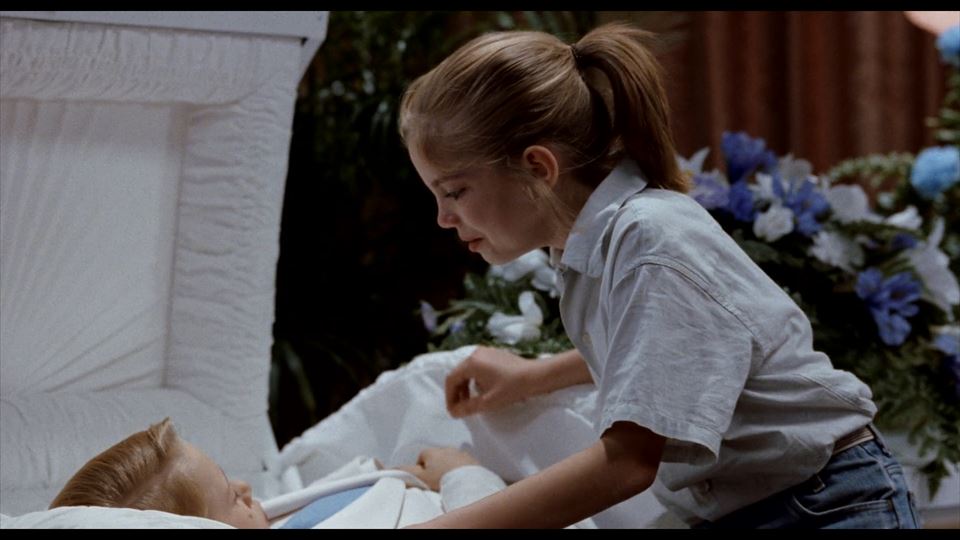
As Vada goes to Thomas J’s. burial service, her feelings become so solid that she flees. Vada shows up at Mr. Bixler’s home, needing to remain with him, and finds that he is going to get hitched to another person.
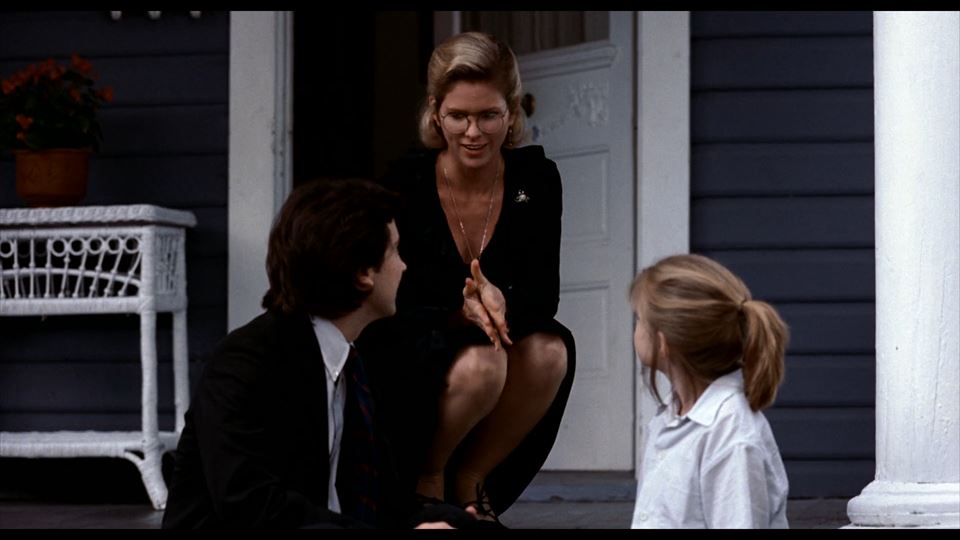
She at that point rushes to hers and Thomas J’s. home base spot close to the tree to think about what has occurred. When Vada gets back, everybody is at eased to see her alright, including Shelly, whom Vada begins to acknowledge as her future stepmother.
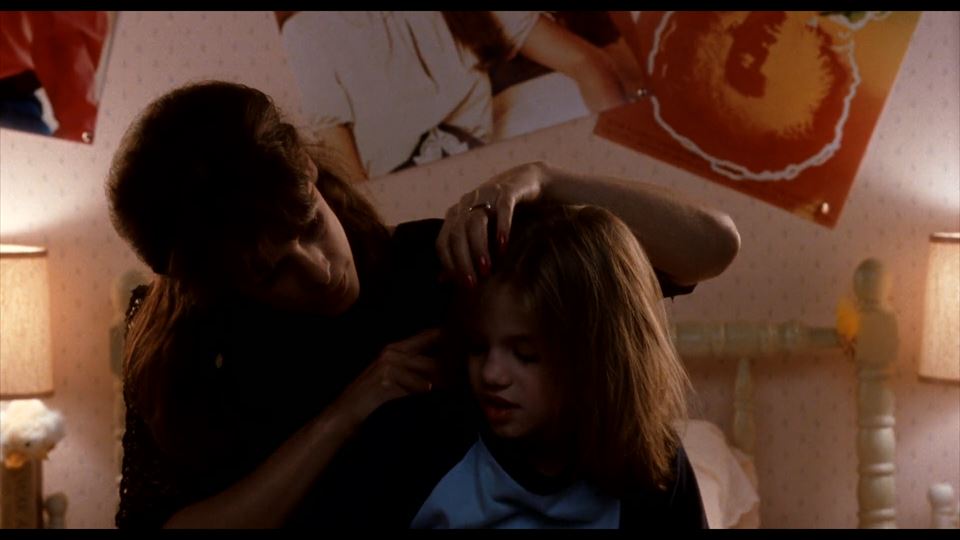
Vada’s anguish figures out how to retouch the break among her and her dad. Harry discloses to Vada that her mother’s death wasn’t her fault, and that mothers dying from childbirth isn’t anyone’s fault and things like that can happen without explanation.
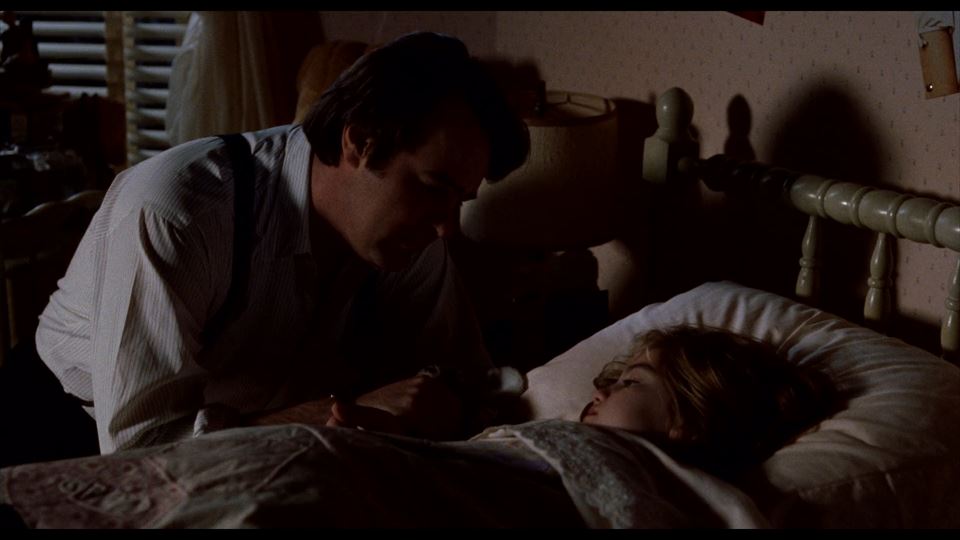
Close to the furthest limit of summer, Vada and her dad see Mrs. Sennett, who despite everything battles with her child’s demise. She gives Vada her mood ring back which Thomas J. found and Vada gives Mrs. Sennett some comfort.
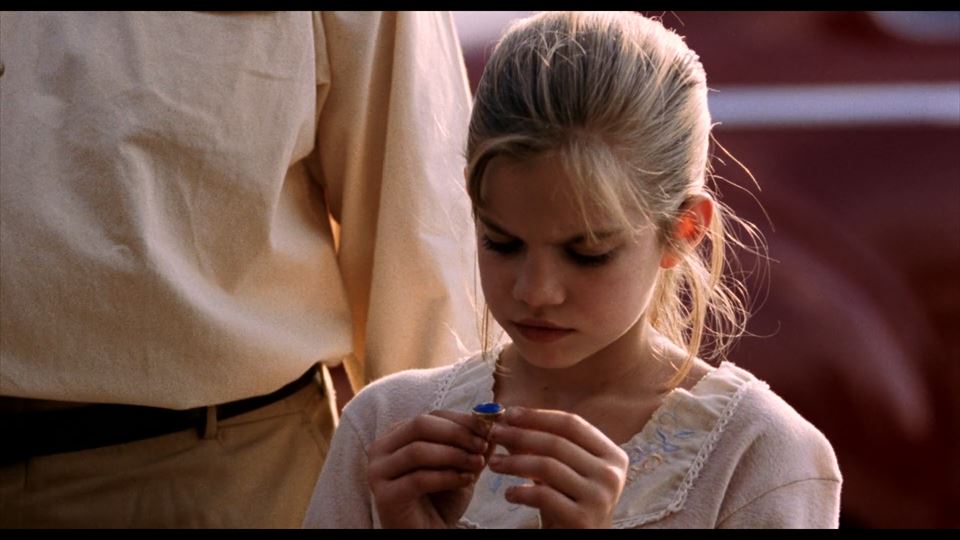
On the most recent day of the composing class, Vada peruses out a sonnet she composed, bringing over the loss of her closest companion and afterward goes outside to ride bicycles with her new closest companion, Judy.
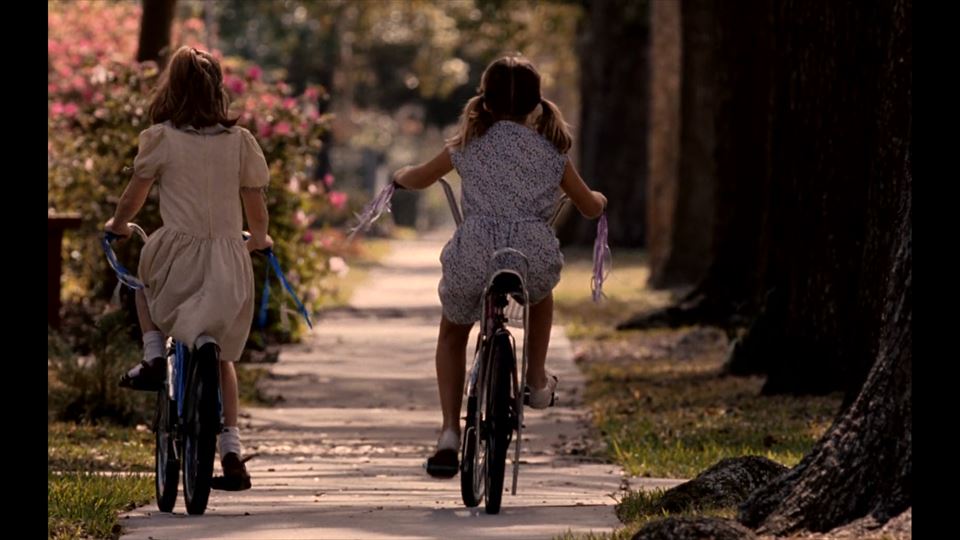
Vada is a hypochondriac. Hypochondria is characterized by the fear of suffering from a serious physical illness. Diseases that could mean a prolonged lingering illness and death are feared. This includes, for example, elevated blood counts, heart attacks and strokes, as well as cancer, HIV infections and Creutzfeldt-Jakob disease. These fears can occur temporarily, but they can also last longer and then clearly limit quality of life. Patients with hypochondria are mostly aware that the extent of their fears does not correspond to reality. They are often ashamed of it and try to keep their fears secret from others. Frequent visits to the doctor as well as constant checking and reassurance that everything is in order are also typical.
In the childhood and adolescence of those influenced, there are frequently occasions that have made it troublesome or difficult to manage physical manifestations in a “healthy” way. These occasions were exceptionally enthusiastic and involved diseases and physical symptoms. These include:
An anxiety-promoting parenting style: As soon as physical indications happened, they were performed, regardless of whether they were harmless. Along these lines, the kids had the emotional experience that physical symptoms are (quite often) something awful and life-threatening. A serious illness of their own in childhood and adolescence: Here, too, it was internalised that illness can mean separation from home and is associated with unpleasant feelings such as fear and sadness.
The serious illness of a family member: This often means that the disease has been a central issue in the family and the child has concluded that illness is always something terrible and threatening.
The result is that the children take the following guiding principles with them into their lives:
“Disease is always (life-)threatening”.
“Health is one hundred per cent freedom from physical symptoms.”
Fears in adulthood are usually triggered by emotionally stressful events, such as death in the family or circle of friends, or as a result of stressful times.
Hypochondria is present when the fear of disease determines life or impairs quality of life. Due to the stigmatization of health anxiety, many of the people affected do not dare to talk about it. Health anxieties often occur together with a panic disorder, with hypochondria focusing on fear of the consequences of the disease in the near or distant future, and panic disorder on an imminent catastrophe (e.g. heart attack).
Many patients suffer from other psychological disorders in connection with anxieties around illness. Up to 40 per cent are affected by depression, which can occur primarily, but also as a result of illness. Up to 20 per cent suffer from what are known as somatoform disorders, i.e. physical symptoms without any organic causes.
The hypochondriac anxieties lead to illness behavior with reduced physical activity, further visits to the doctor and examinations. Independent investigations on the Internet can further intensify the anxieties. Constant self-investigations and reassuring family members and friends also have a calming effect over the short term, but an intensifying effect on anxieties over the long term. The person is never 100% free from symptoms, and the anxiety-free phases become shorter and shorter.
Vada being despondent person causes us to comprehend why she generally visited the specialist to check in the event that she has a perilous ailment. As I would see it, I believe Vada’s dad got wore out on managing her neurosis that is the reason she generally disregards her. Be that as it may, in the event that I were Vada’s dad, I would’ve treated her uniquely or in an special manner, since I accept, individuals with psychological sicknesses simply should be heard, comprehended and cause them to feel like they are an ordinary individual so they won’t have the option to have a breakdown.
Her relationship with Thomas J. makes her life somewhat simpler notwithstanding all the things that she’s been experiencing at home, a dad who never tunes in and a grandmother whom she can never speak with. I think it’s extremely important to have somebody who will be there to cause you to feel like you’re not the only one and somebody who can make you extremely cheerful. I love the honesty around them since they are still children, the sentiments and feelings are extremely genuine. They are so cute in their kissing scene under the willow tree. What’s more, Thomas J. shows that he truly cares for Vada that he came back to the forest to find her mood ring since he realizes that it is so important to Vada.
I do loathe the way that Vada have experienced heartbreaks after shock in such a youthful age like losing her closest companion in the entire world and discovering that the man he admires was at that point attached to someone else, I truly felt frustrated about her. However, I feel that possibly we all need to truly experience these sorts of agony and grief with the goal that we might have the option to improve as an individual. Catastrophe causes us comprehend that it’s alright to lose things. It causes us grapple with the reality we’ll need to bid farewell to individuals one day – to realize that not all things last until the end of time. Furthermore, that is the reason incredible romantic tales must experience extraordinary misfortune.
Toward the end of the film Vada is torn up with grief, however in the long run moves past it which additionally causes her arrangement with her different issues. Thomas J’s mom gives Vada the mood ring that he was discovered holding, which is currently light blue rather than dark.
Blue on a mood ring implies that the wearer is calm and neutral. In a condition of unwinding your body will be at a typical temperature, given that the room isn’t excessively hot or cold. With no agitations to boil your blood, you ought to stay at an ordinary standard internal heat level. This normalized internal heat level most usually brings about a light blue color in your state of mind ring. This is the reason the blue mind-set ring importance is normally connected with a Zen perspective, alongside harmony, and tranquility. It’s because of these reasons that the blue mind-set ring is the most well-known state of mind ring shading to see.
In the wake of meeting another companion toward the end of the film, Vada finds that the entirety of the pain of life is just temporary and that consistently is a fresh start. There is still room for hope in her life. For some unknown reasons, life is something beyond a method of managing the truth of death.
Weeping willow with your tears running down,
why do you always weep and frown?
is it because he left you one day?
is it because he could not stay?
on your branches he would swing,
do you love the happiness that he would bring?
he found shelter in your shade,
we thought his laughter would never fade!
Weeping willow stop your tears,
there is something to calm your fears,
you think death as you do forever part,
I know he will always be in your heart!
-Vada (Weeping Willow from the Film My Girl)
Sources:
https://en.wikipedia.org/wiki/My_Girl_(film)
https://in.pinterest.com/pin/445926800575620940/
https://www.schoen-clinic.com/hypochondria
https://www.poemhunter.com/poem/weeping-willow-from-the-film-my-girl/